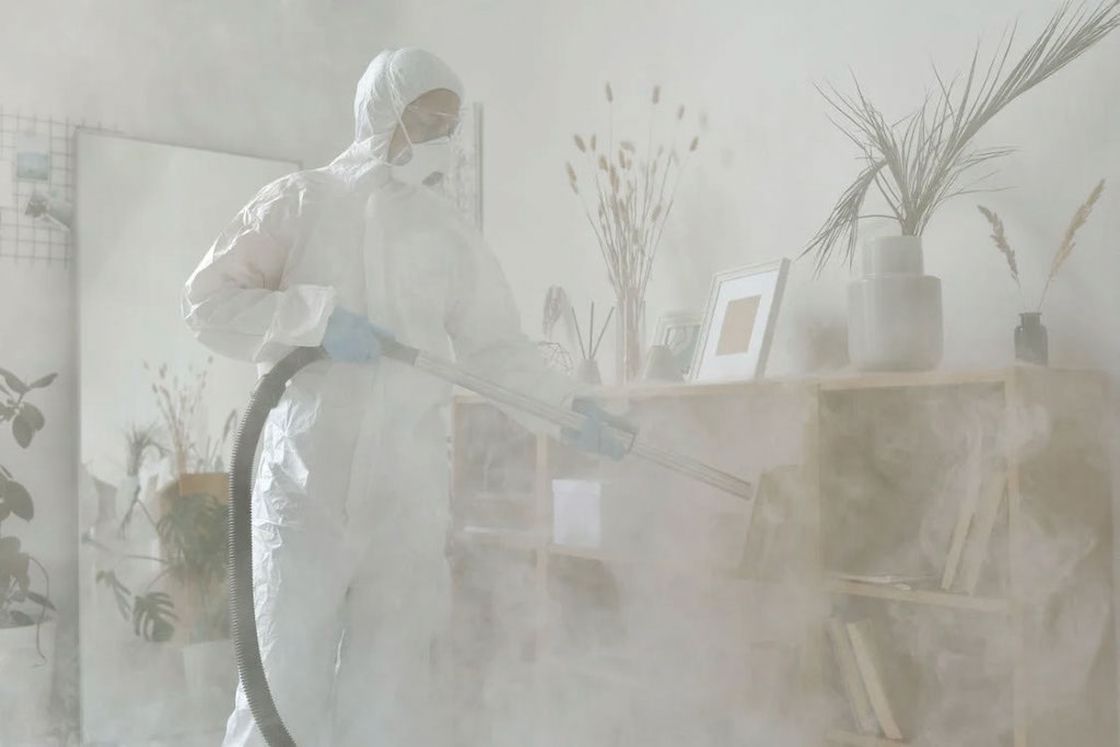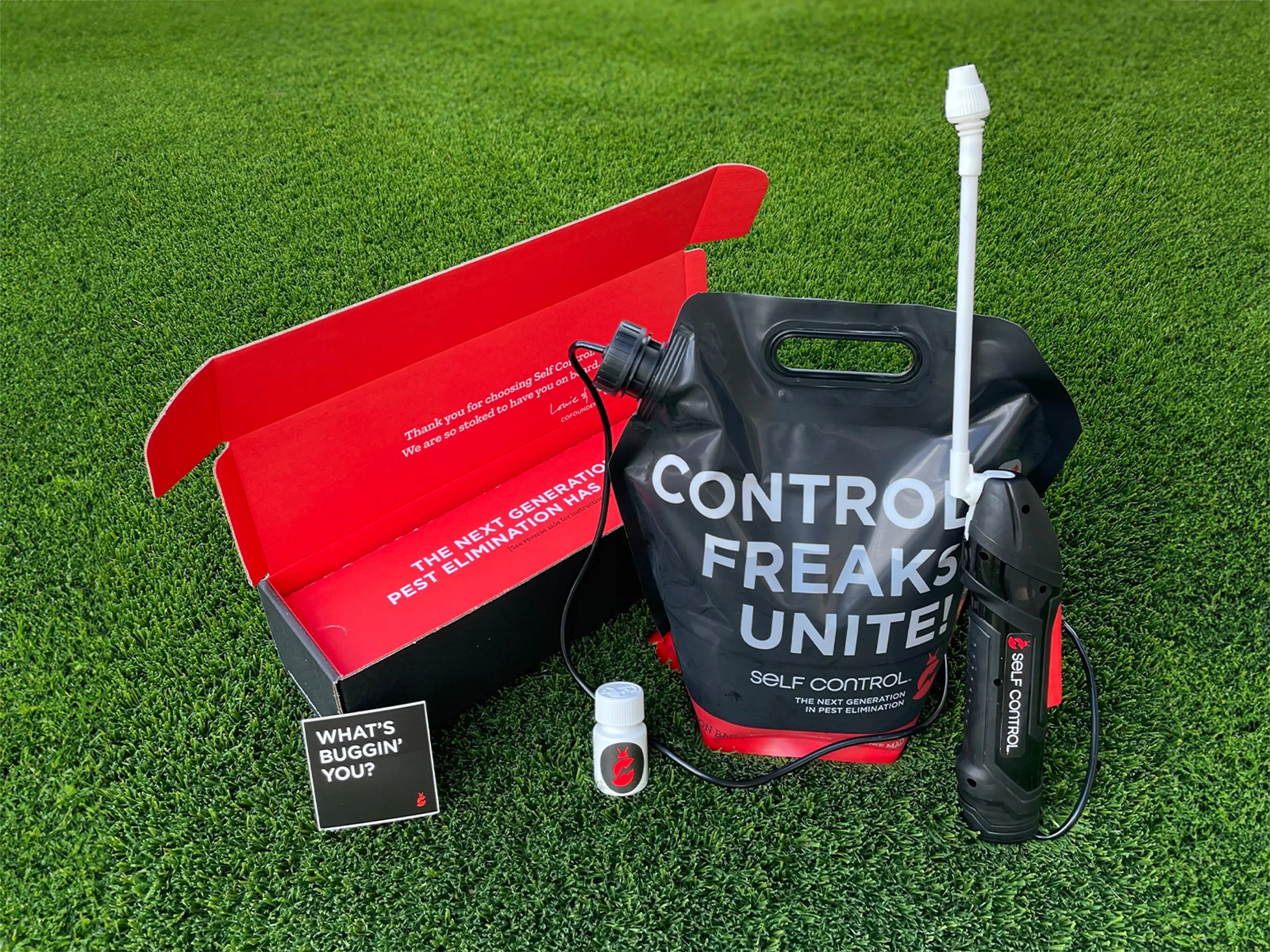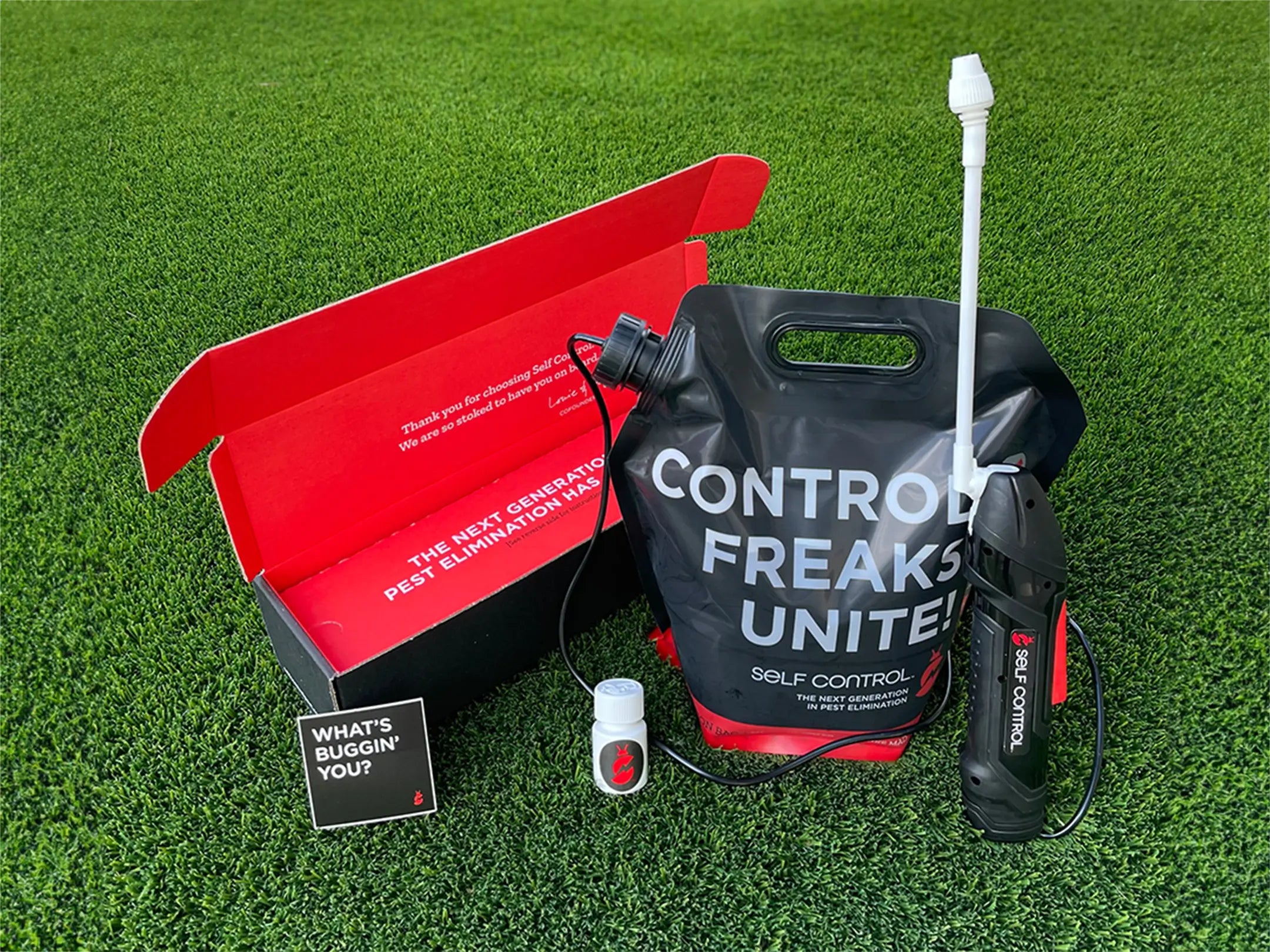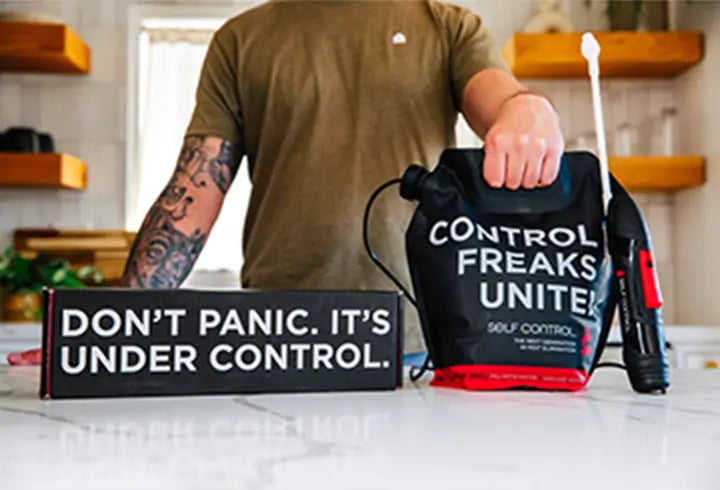
How long does it take for pest control to spray, and what should you expect during the process? Recently, this has been a bugling question as pests invading homes and business places have grown significantly. The faster and more efficient the pest control process is, the better.
How Long Does it Take for Pest Control to Spray?
Generally, it takes an hour and a half for pest control to spray a home. This time frame is enough to remove a pest infestation from your home. The amount of time will sometimes vary depending on the size and scope of the job and the material the experts have to use. We’ll need less time for pest prevention, approximately 15 to 30 minutes.

During this time, pest control professionals will inspect your home for areas of infestation and identify any potential entry points. They will then begin to apply the appropriate insecticide, pesticide, or other necessary treatments. The professionals may use foggers, sprayers, or power wands to ensure full coverage and maximum effectiveness.
Because pest control chemicals can be dangerous, you might not be able to do pest control yourself. You need to engage a company with professionals to help you do the job. At Self Control Pest, we have the right knowledge and experience to exterminate pests quickly and effectively.
Our team of experts will visit your home and inspect the areas of infestation to identify any potential entry points. They will then apply appropriate insecticides, pesticides, and other necessary pest treatments that are available in various pricing tiers.
What Factors Influence How Long it Will Take?
The amount of time it takes for pest control to spray an area will depend on several factors varying from situation to situation. These factors include:
- The size and scope of the job to be done: The size of the job varies from a less complex to a complex one. A large infestation of pests will mean that the job will be involved and will require more time to eliminate the pests. A minor infestation requires less time.
- The materials in use: The materials used to eliminate pests will play a vital role in the process. Some materials are more effective, and some may take longer to apply.
- The number of pests on the premises: Some premises may experience two or more different types of pests hiding in different places. So, spraying them will take more time since different pesticides will be applied at different times. This will automatically consume more time.
- The weather condition: Certain treatments are more effective in certain weather conditions. If the condition could be better, it may take longer to spray. For example, spraying insecticides in hot weather causes the insecticide to evaporate quickly. A windy day may also make it difficult to spray as it may blow the insecticide away before it can work.
- Prevention measures: Taking preventive measures such as sealing entry points and eliminating food and water sources can reduce the amount of time it takes for pest control to spray an area.
- The area to be treated: Some areas, such as attics and crawl spaces, are easier to treat than others. This can take longer to treat since these areas are often harder to access and may require special equipment.
 What Should You Expect From the Process?
What Should You Expect From the Process?
The process of pest extermination requires many things that many homeowners should be aware of. It is not a one-time process that happens overnight. The following are some of the things to expect from the process:
- Inspection of your home or business premises thoroughly for pests and potential entry points. This helps the professional to cover the areas after applying the pesticide required.
- Identification of pest species on the properties and their habits. This identification is vital as it helps pest management professionals to know the kind of pesticides they are going to use. Remember that using the wrong pesticides on a specific pest may render it useless as it will do the work of eliminating it.
- Application of ideal treatments to the identified pest and the affected areas. You can use insecticides, pesticides, or traps, depending on your preference. You can use sprayers, foggers, and power wands when applying pesticides or insecticides.
- Prevention of future infestation. This is an essential process since no one wants to have those irritating bed bugs or cockroaches on the premises after the treatment process has taken place. Prevention includes sealing entry points and eliminating attractive sources of food and water.
- Investigation with follow-up visits to ensure the pests are not returning or if there is a different type of pest infestation. This can be done after some time, like, three months. Most pest management companies, for instance, Self Control Pest, will always indicate the next visit to ensure customer satisfaction.
How Many Treatments Are Necessary?
Regular treatments are necessary to ensure your home is entirely free from pests that could do more harm than good. For apartments and homes, it is vital to have the pest treatments done at least once every three months. The treatments should be carried out at least twice a year for larger properties, such as farms and warehouses.
When you choose Self Control Pest as your pest control provider, you know that our team of experts will do the job right. We will also advise you on the right time to schedule the treatments and how to prevent any future infestations. With our help, you can get rid of pests fast and keep your home safe and healthy. Contact us today for more information about our services and to get started!
Frequently Asked Questions
How Long Does it Take for Pest Spray to Work?
It will take one to two days for the pesticides to take effect. However, the time frame depends on the pest you are dealing with and the materials used. If you use quality materials that help reach the pest, you may see results sooner.
How Long Does Insecticide Last After Spraying?
A well-applied insecticide will last for up to three months, depending on the material used. Factors such as weather and humidity can affect the effectiveness of the insecticide. Therefore, it is essential to follow the instructions on the label and reapply as necessary.
Conclusion
Understanding the time for pest control spray is vital since it plays an important role in ensuring the effectiveness of the treatments. Ensure the materials you use are of good quality and are applied correctly. Regular pest treatments are also essential as it reduces the chances of future infestations. Cheers!



Comments (0)
Back to Critter Chronicles